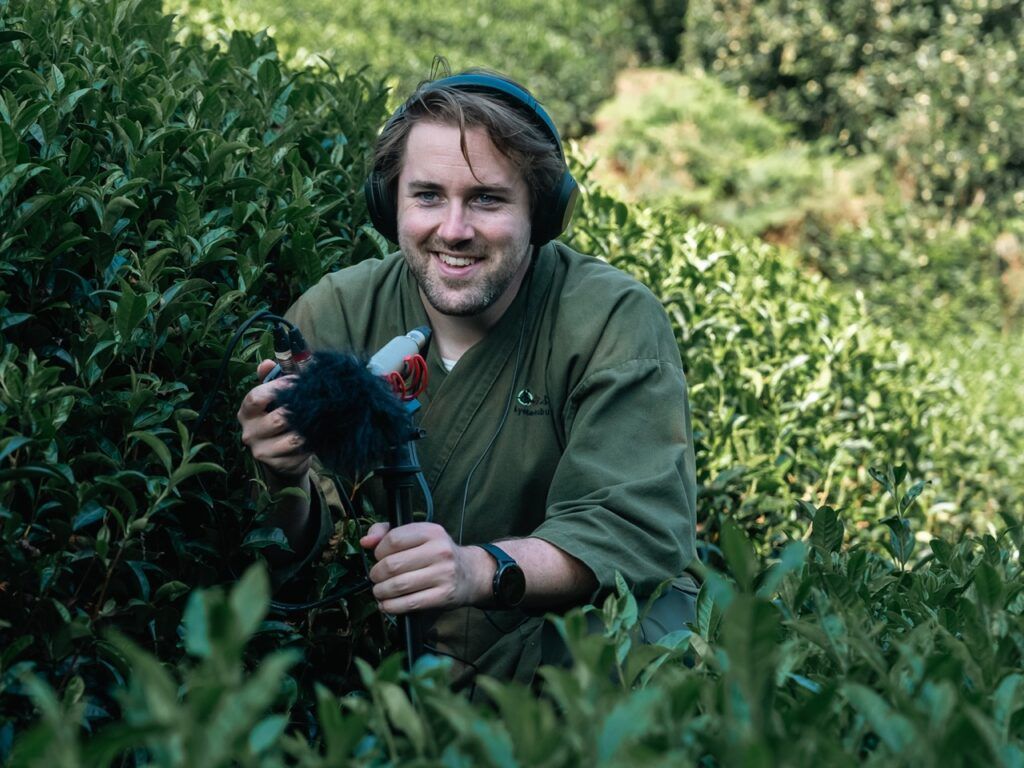
Intern #158
New Hampshire, USA
Instagram: d.j._tetreault
Before Obubu
Before my time at Obubu, I was lucky enough to take part in the JET program where I taught High School level English in a small, beautiful city called Yonago in Tottori prefecture. I wound up in Japan mostly because I had such a positive experience with my undergraduate Japanese course. Although music was always my main focus, I developed the same love for Japan, its culture (and it’s tea) which defines so many of the interns that come through Obubu’s doors. My time in Tottori gave me a special lens with which to compare my time in Wazuka.
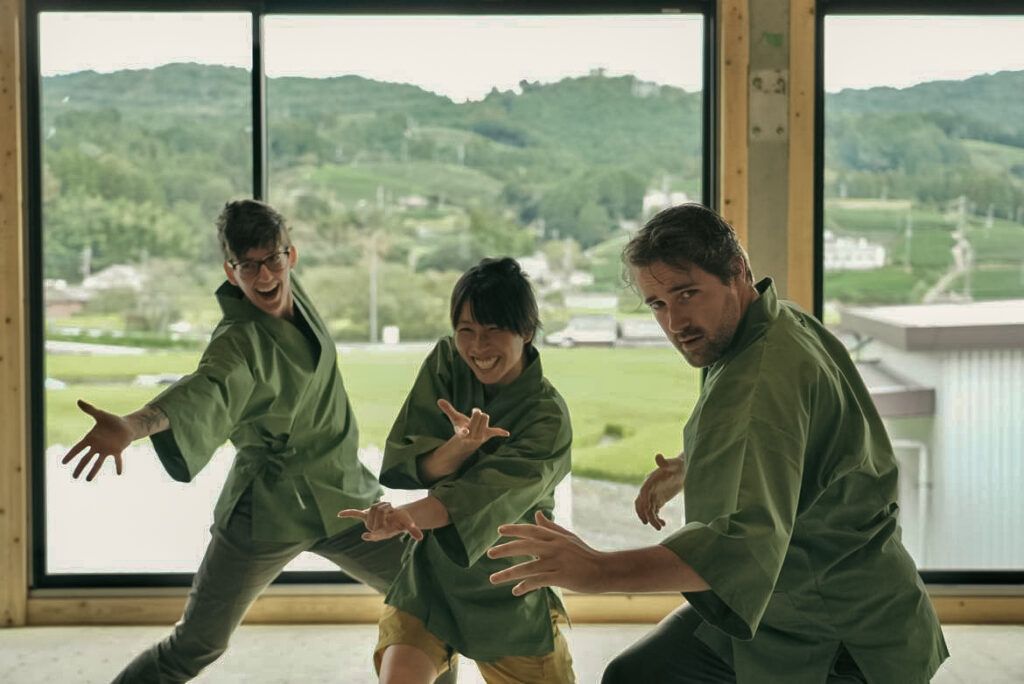
Why Obubu
My grandmother started my tea journey. She was French and spent some of her youth in the UK and always made it feel like a cozy and special beverage. Discovering Japanese green tea in college through a study trip added a whole new level of fascination through which to view tea, and learning more about the cultural context of tea in Japan became something I was looking forward to as much as anything else. I was surprised then to discover that, aside from matcha, the only tea which seemed to merit any special treatment or significance in the eyes of most of my Japanese friends and co-workers was the European style brews that I first had with my grandmother. I began taking matcha tea ceremony classes and a course through the Global Japanese Green Tea Association while working in Yonago. I wanted to learn more about this part of Japanese culture which seemed to be falling out of fashion in modern Japan and the Obubu internship seemed a perfect way to further that goal.
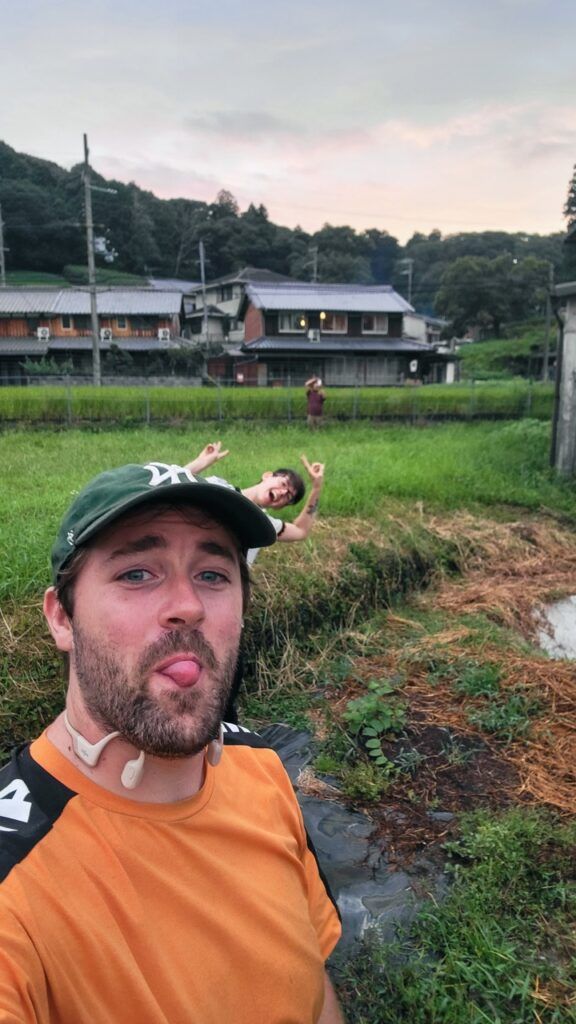
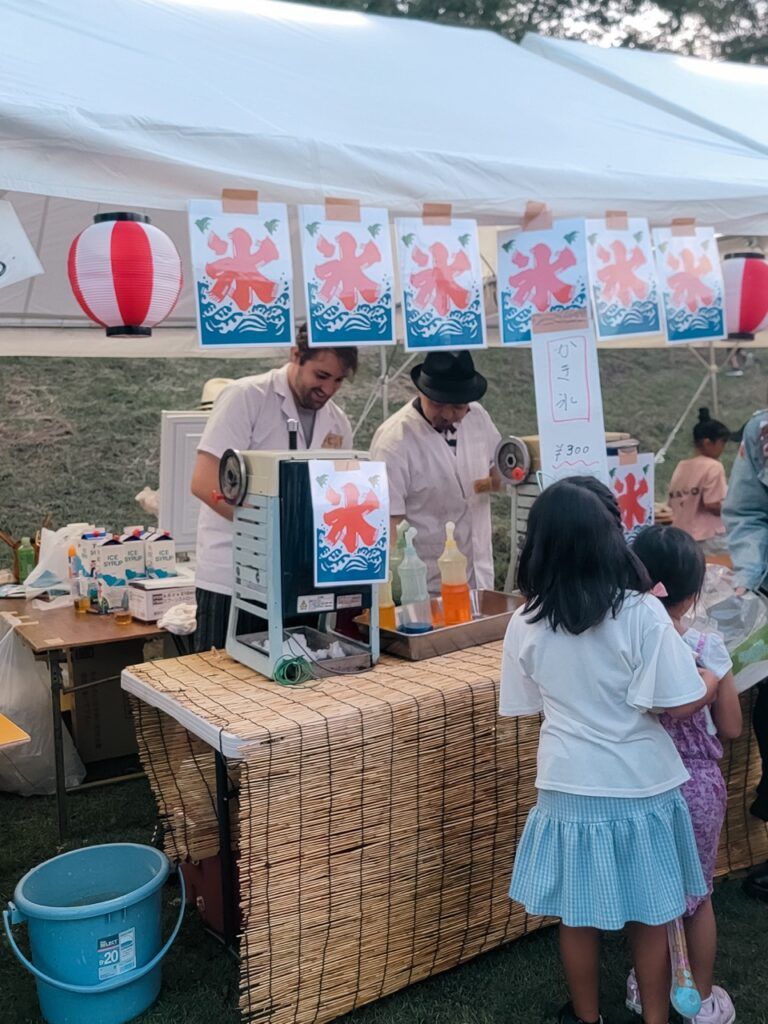
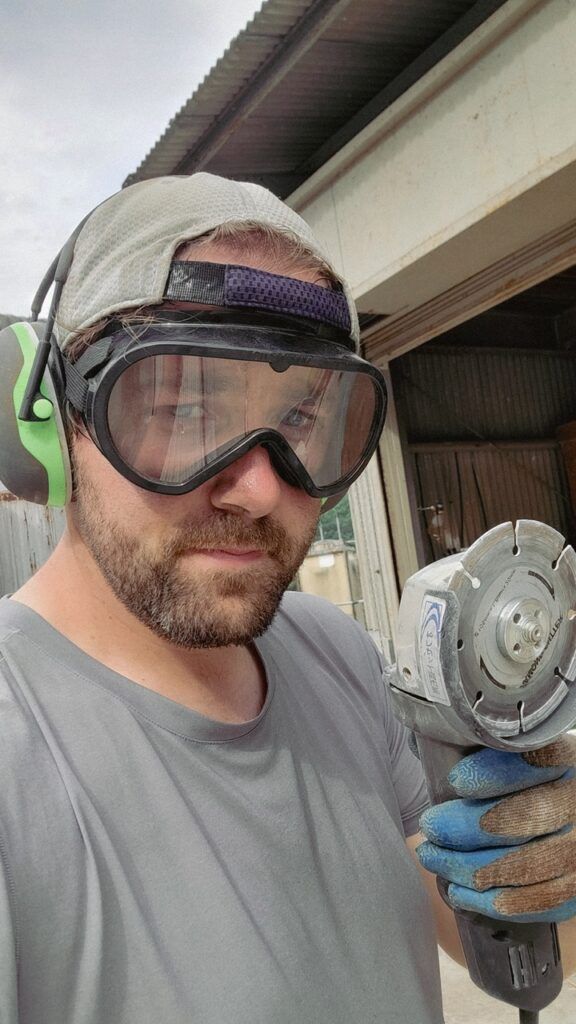
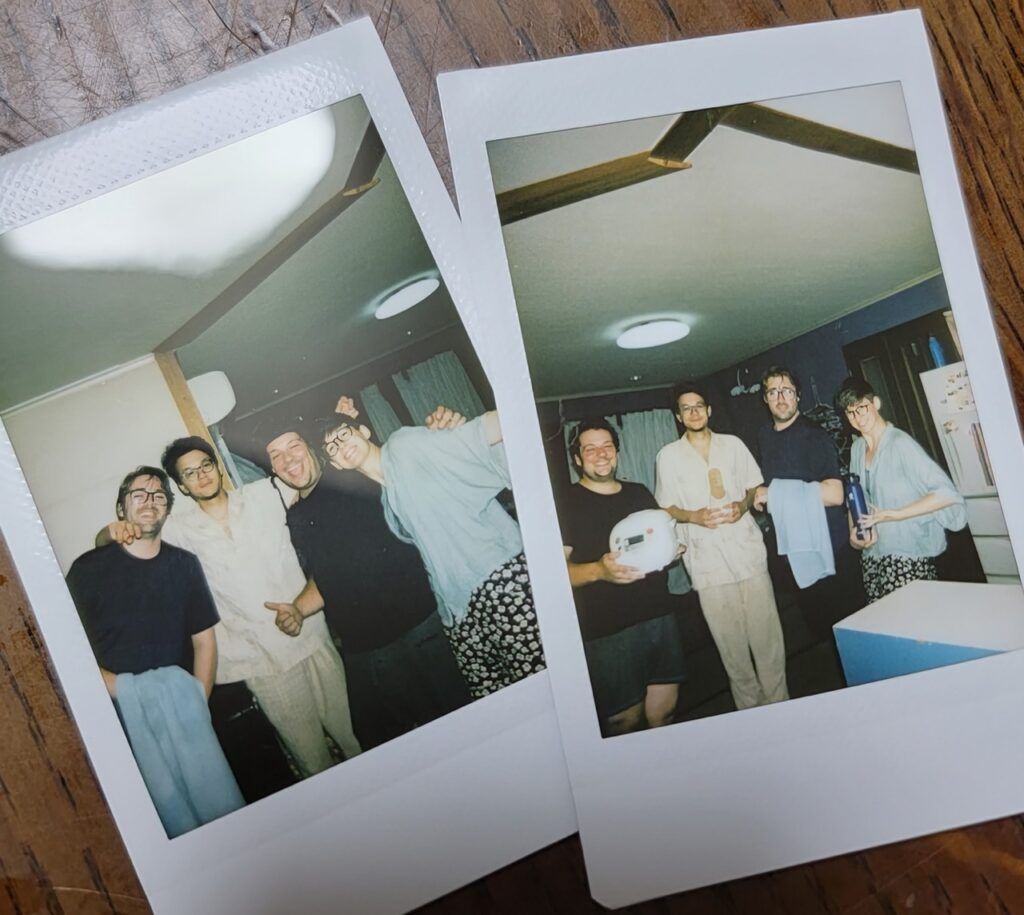
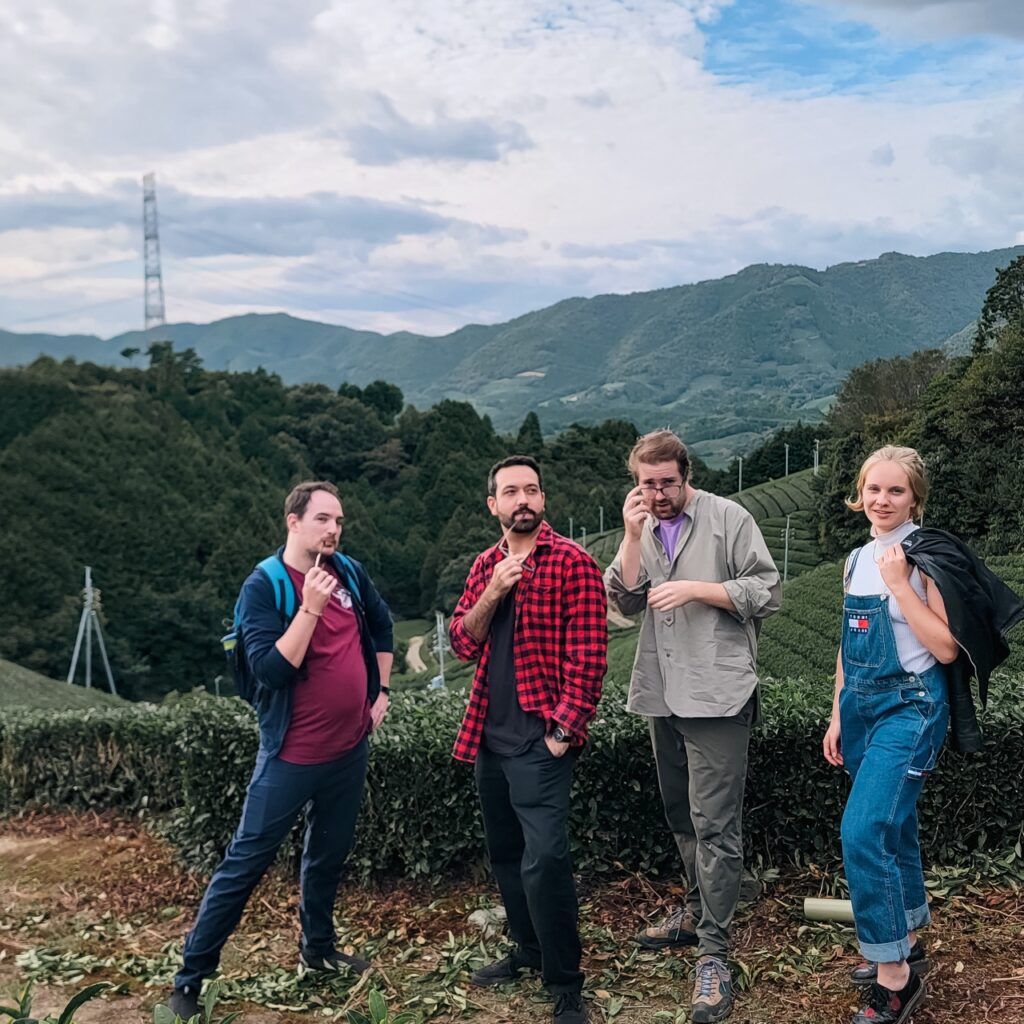
Time at Obubu
My time at Obubu would have been worth it even if I had simply been able to experience 3 months in the beautiful Kyoto countryside. I enjoyed every moment in nature and the feeling of being tied to the land in a rice and tea village (I have yet to have better rice anywhere outside of Wazuka). I knew I’d learn about tea in many forms, from growing to brewing and everything in between; we were completely immersed for three months. My group was also pushed with difficult and rewarding construction activities for the sencha factory, and I’m certain the bonds forged in that crucible will never die. I loved studying tea ceremony (both matcha and sencha) with the local master and was lucky enough to also study flower arranging as well (ikebana). Starting each tour day by picking local flowers for an arrangement was another way I felt connected to the land. My special focus however, was on sound recording. I brought a field recording setup to capture the sounds of both wazuka and the many facets of tea and tea making.
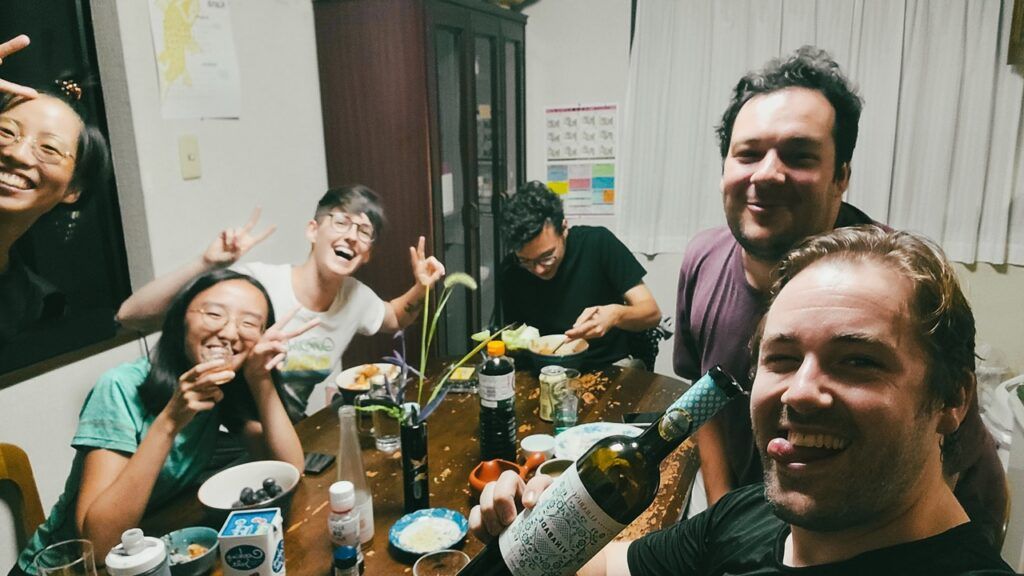
After Obubu
Returning to the US after 2 wonderful years in Japan was difficult, and even though it made up only a small portion of my total time, leaving Obubu was among the most difficult parts. It’s such a special place. However, I am still in touch with many friends I’ve made from all over the world and we regularly have tea time from different continents. I also was able to use the sensory training in a new job as a coffee roaster, although I still brew tea for all of my coworkers. I still hope to use the sounds I’ve recorded to create a sonic collage of Wazuka, although it’s been slightly too difficult to look back on those memories so far. I think about sharing tea with everyone in the office whenever I brew sencha, and I think that will be the case for a long time to come.
